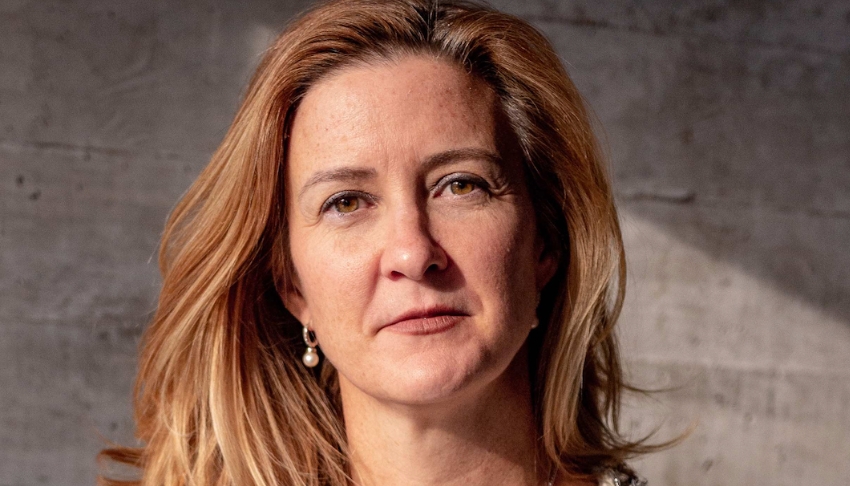What is Social Innovation and why is it relevant to our times?
Katherine Milligan, Adjunct Professor of Social Innovation and Entrepreneurship: Social innovation is a growing field with increasing impact. For instance, 6% of EU employment is made up of 2.8 million social economy organizations, and in Sub-Saharan Africa, social enterprises have created between 30 and 40 million jobs. These statistics really show the relevance of the programme. Students are encouraged to find solutions-driven approaches to our complex social and environmental challenges.
How is the ‘Entrepreneurship’ aspect of the course brought to life?
We cultivate a mindset that can recognize opportunities, rethink conventional approaches, and generate impact. The course goes beyond traditional roles, encouraging students to see underserved groups as customers, designing accessible, affordable products, and instilling a hands-on, roll-up-your-sleeves approach.
How will students leverage knowledge from this module in their career paths?
A lens of social innovation now applies across various organizational settings. The course fosters an understanding of how market forces can be harnessed to contribute toward global goals, especially the Sustainable Development Goals. Graduates are equipped to contribute business expertise, technology, and human capital, not in a philanthropic sense but strategically, aligning with the SDGs.
What misconceptions do people have about the course?
Some might think the course has a narrow “charity” or “philanthropy” focus. We go beyond the glamour associated with social entrepreneurship and delve into the real complexities, ethical responsibilities and challenges of the field.
Social Innovation often involves navigating complex social and ethical considerations. How does the course address these challenges?
Students are prompted to reflect on their lived experiences and their impact on problem-solving. Complexity theory and systems thinking are introduced, allowing students to comprehend the interconnected and dynamic nature of social and environmental issues. The curriculum also explores unintended consequences, ethical implications, and insider-outsider dynamics, providing a comprehensive understanding of the ethical dimensions in social innovation and entrepreneurship.
In your opinion, what makes the Geneva EMBA different to others around the world?
Geneva is a city that really punches above its weight! The course transcends the confines of the Swiss ecosystem, offering students exposure to a robust international network. This setting not only shapes regulatory frameworks for years to come but also fosters a dynamic cross-fertilization of ideas. We tap into this global-local interplay, with innovations flowing in both directions, and this really sets it apart from other EMBAs worldwide.



